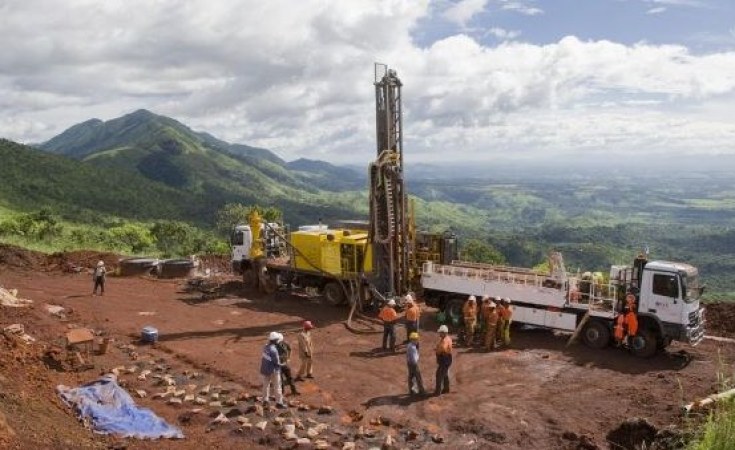Cape Town — Despite high average growth rates across Africa in recent years, the capacity of most countries' economies to compete with those of other nations has stagnated in recent years, according to a study published on Thursday.
The Africa Competitiveness Report 2015, unveiled at the annual meeting of the World Economic Forum (WEF) on Africa, says in a survey of 38 African economies that most are in a "development stage", where sustainable growth in the future will depend on the creation of "sound institutions and macroeconomic policies, adequate infrastructure, and a healthy and educated workforce."
However, the report adds, "these are the areas that constitute some of the biggest gaps ... The continent's persistent infrastructure deficit and poor education outcomes as well as its difficulties in providing the right set of skills to match the needs of its businesses constitute the most important barriers to transforming African economies."
The report highlights the fragility of economies which are based on oil and mineral wealth and thus whose performance depends on commodity prices. It points out that some of Africa's biggest oil and mineral exporters are among the least competitive countries in the world.
Of 144 countries surveyed in the WEF's Global Competitiveness Index, not only are 15 of the 20 least competitive countries in the world in Africa, they include economies which are rich in resources: oil exporters Nigeria (at 127th place), Angola (140th), Libya (126th) and Chad (143rd), and mineral exporters Guinea (at 144th place, the least competitive nation in the world), Mauritania (141st), Sierra Leone (138th), Mozambique (133rd), Mali 128th and Zimbabwe 124th).
"The poor performance of resource-rich economies indicates that they have not been able to effectively channel their natural resource revenues to enhance their competitiveness," the report says. "The absence of solid institutions has left these economies open to corruption and rent-seeking, which negatively affects their overall competitiveness."
Mauritius is Africa's most competitive nation (39th in the world), followed by South Africa (56th), Rwanda (62nd), Morocco (72nd) and Botswana (74th).
"Mauritius has made impressive strides toward improved competitiveness on the back of the wide-ranging structural reforms that began in 2006," according to the report. "This improvement has been particularly visible in its creation of an enabling environment in its financial, goods, and labour markets."
Zambia has made the most progress in Southern Africa but South Africa has undergone "a gradual but steady decline" since 2006, and dropped to its current ranking from 35th place in 2006.
"The country continues to benefit from strong private institutions, such as auditing and reporting standards, good transport infrastructure (by regional standards), and efficient goods and financial markets as well as its relatively innovative companies," the report says.
"However, its Achilles' heel remains opaque public institutions, poor health and education, and an extremely rigid labour market."
Most fragile states and low-income countries, however, have slightly improved their competitiveness.
"This progress is most notable in Burundi: although ranked a low 139th, the country has shown a steady improvement since the 2013 Report. Zimbabwe likewise has been showing gradual improvement since its nadir in performance in 2009.
"In contrast, Madagascar - another fragile economy ... - has been stagnating, while Mauritania has declined to 141st place."


